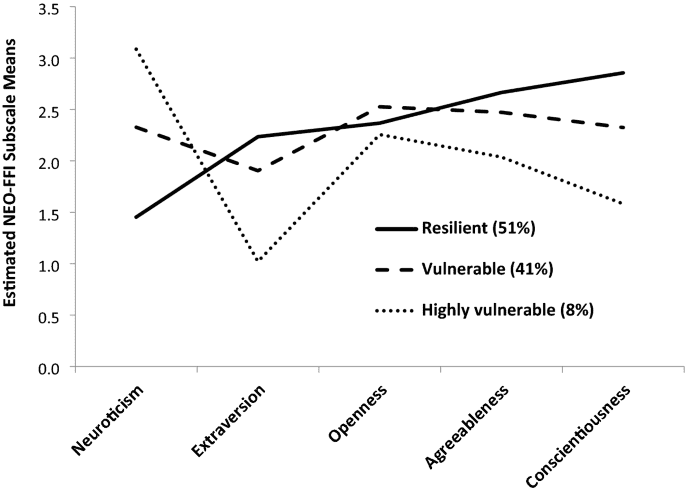Bipolar Disorder Test
3 Min Free Bipolar Disorder Test
Who Can Benefit From This Bipolar Disorder Test?
The Bipolar Disorder Test can benefit anyone who suspects they may be experiencing symptoms of bipolar disorder. Bipolar disorder is a mental health condition characterized by extreme mood swings, including periods of depression and mania or hypomania. The symptoms of bipolar disorder can be distressing and impact an individual’s daily life, relationships, and functioning.
This assessment may be particularly useful for individuals who have a family history of bipolar disorder, have difficulty regulating their moods, experience changes in energy levels, or have difficulty sleeping. The assessment can help individuals better understand their symptoms and determine whether they may benefit from seeking support from a mental health professional.

Bipolar Disorder Test Accuracy

The accuracy of a Bipolar Disorder test can depend on several factors, including the honesty and accuracy of the responses provided by the user, and the individual’s current state of mental health. It’s essential to note that a Bipolar Disorder test is not a substitute for a formal diagnosis by a licensed mental health professional and it is best used as a screening tool to identify potential symptoms and risk factors for bipolar disorder.
However, many Bipolar Disorder tests have been designed and validated by mental health professionals and researchers to ensure their accuracy and reliability. These tests typically involve a set of standardized questions and scoring procedures to provide an objective measure of bipolar disorder symptoms. It’s essential to remember that while a test can provide useful information, it should not be used in isolation to diagnose or treat bipolar disorder.
Types of Bipolar Disorder Test
Mood Disorder Questionnaire (MDQ):
This is a self-report questionnaire that assesses symptoms of bipolar disorder, including episodes of mania and depression. The MDQ consists of 13 items and is a widely used screening tool.
Bipolar Spectrum Diagnostic Scale (BSDS):
This is a self-report questionnaire that assesses symptoms of bipolar disorder and related conditions. The BSDS consists of 19 items and can help identify individuals who may benefit from further evaluation.
Hypomania Checklist (HCL-32):
This is a self-report questionnaire that assesses symptoms of hypomania, a less severe form of mania. The HCL-32 consists of 32 items and can help identify individuals who may be at risk for developing bipolar disorder.
General Behavior Inventory (GBI):
This is a self-report questionnaire that assesses symptoms of bipolar disorder and related conditions. The GBI consists of 73 items and can help identify individuals who may benefit from further evaluation.
Young Mania Rating Scale (YMRS):
This is a clinician-administered questionnaire that assesses symptoms of mania, including elevated or irritable mood, grandiosity, and decreased need for sleep. The YMRS consists of 11 items and can help diagnose bipolar disorder.
Structured Clinical Interview for DSM-5 (SCID):
This is a diagnostic interview that assesses for the presence of bipolar disorder and other mental health conditions. The SCID involves a structured or semi-structured interview with a mental health professional.
Treating Bipolar Disorder
- Mood Stabilizers: These are a type of medication commonly prescribed to treat bipolar disorder. Mood stabilizers, such as lithium or valproic acid, can help stabilize mood and reduce the frequency and severity of mood swings.
- Antidepressants: These medications may be prescribed to treat symptoms of depression that may occur during bipolar disorder. However, antidepressants may also trigger a manic episode in some individuals with bipolar disorder, so they must be used with caution.
- Antipsychotics: These medications may be prescribed to treat symptoms of mania or psychosis that may occur during bipolar disorder.
- Psychotherapy: Different types of talk therapy can be helpful for individuals with bipolar disorder, including Cognitive Behavioral Therapy (CBT), Interpersonal and Social Rhythm Therapy (IPSRT), and Family-Focused Therapy. Psychotherapy can help individuals better understand their symptoms, develop coping strategies, and improve relationships.
- Self-Care Strategies: Engaging in self-care activities, such as regular exercise, healthy eating, and good sleep hygiene, can help individuals manage bipolar disorder symptoms and improve overall well-being.
- Support Groups: Joining a support group can provide individuals with social support and a sense of community, which can help reduce feelings of isolation and improve mood.

